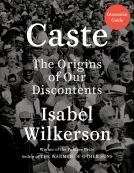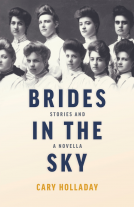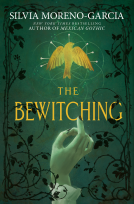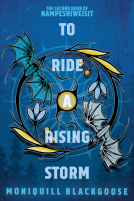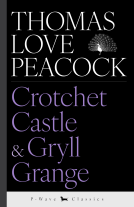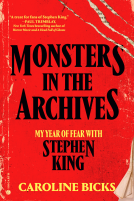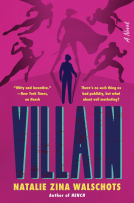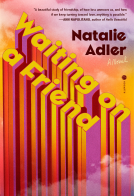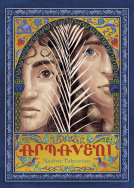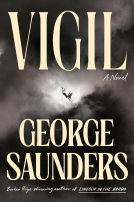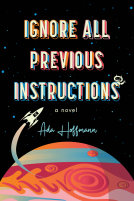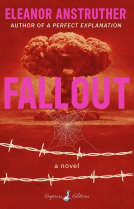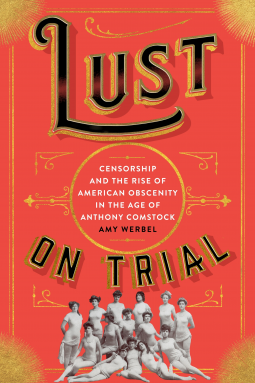
Lust on Trial
Censorship and the Rise of American Obscenity in the Age of Anthony Comstock
by Amy Werbel
This title was previously available on NetGalley and is now archived.
Send NetGalley books directly to your Kindle or Kindle app
1
To read on a Kindle or Kindle app, please add kindle@netgalley.com as an approved email address to receive files in your Amazon account. Click here for step-by-step instructions.
2
Also find your Kindle email address within your Amazon account, and enter it here.
Pub Date Apr 17 2018 | Archive Date Mar 31 2019
Talking about this book? Use #LustOnTrial #NetGalley. More hashtag tips!
Description
In Lust on Trial, Werbel presents a colorful journey through Comstock’s career that doubles as a new history of post–Civil War America’s risqué visual and sexual culture. Born into a puritanical New England community, Anthony Comstock moved to New York in 1868 armed with his Christian faith and a burning desire to rid the city of vice. Werbel describes how Comstock’s raids shaped New York City and American culture through his obsession with the prevention of lust by means of censorship, and how his restrictions provided an impetus for the increased circulation and explicitness of “obscene” materials. By opposing women who preached sexual liberation and empowerment, suppressing contraceptives, and restricting artistic expression, Comstock drew the ire of civil liberties advocates, inspiring more open attitudes toward sexual and creative freedom and more sophisticated legal defenses. Drawing on material culture high and low, including numerous examples of the “obscenities” Comstock seized, Lust on Trial provides fresh insights into Comstock’s actions and motivations, the sexual habits of Americans during his era, and the complicated relationship between law and cultural change.
A Note From the Publisher
This book has a color insert that is not available in NetGalley.
Advance Praise
"Amy Werbel probably now knows more about Anthony Comstock than anyone alive today. (And oh, how deliciously unpleasant some of that knowledge is!) There’s a sense of discovery that keeps this narrative moving."
-Susan Jacoby, author of The Age of American Unreason
Available Editions
| EDITION | Other Format |
| ISBN | 9780231175227 |
| PRICE | $37.00 (USD) |
| PAGES | 352 |
Average rating from 14 members
Featured Reviews
 Melissa W, Reviewer
Melissa W, Reviewer
This book was FASCINATING. As a history major, I find this US legal history to be supremely interesting. The narrative style of nonfiction was enjoyable to read.
 Brittany M, Educator
Brittany M, Educator
I think this book could really work for the Composition classroom. It is well written and interesting, but in addition to showing a history of the treatment of sex in America, this text provides a wealth of discussion and writing topics, as well as providing a way to encourage students to draw parallels between history and contemporary America. Will use!
 Reviewer 550239
Reviewer 550239
This book on Anthony Comstock sounded so interesting, but it just wasn't as good as it should have been. It's hard to make history exciting sometimes, but the liveliness of prose and the art of storytelling can transform even the dullest topics into gripping narratives. The topic (Sex! Nudity! Morals to the wind!) gave enough titillation that in better hands it could have been something better. I hate to give bad ratings to histories when the work is solid, but I'm disappointed.
I’m surprised by my less than enthusiastic reaction to this book because it seems like the perfect book I’d love. I think my biggest reserves are due to the murkiness on what the book is about. Is about Anthony Comstock, or is it about the history of sexual censorship? It gives the impression of both, but sometimes there are pages on pages of analyzing different paintings that were considered controversial to the time or things of that ilk. And that’s not necessarily a bad thing, but it can feel a bit like two analytic pieces being shoved into a single book. Amy Werbel’s interest in the subject as well as the research that went into it are evident on every page, and she’s done such a lovely job of presenting her research in this book.
This isn’t a criticism of the book itself or the author, but the formatting for the Kindle version of this e-galley was terrible. All kinds of punctuation, capitalization, indentation, etc. errors that made it extremely difficult to read. Sometimes the sentence would skip down two lines in the middle of a paragraph, so then there was this random broken line (occasionally with a page number thrown into that empty space?) in a paragraph that would pick up two lines down. It was extremely annoying to try to get through in that regard. Again, this isn’t a criticism of the author or the actual content of the book because this is solely about the formatting!
Readers who liked this book also liked:
Thomas Love Peacock
General Fiction (Adult), Humor & Satire, Literary Fiction
Kendra Langford Shaw
General Fiction (Adult), Literary Fiction
